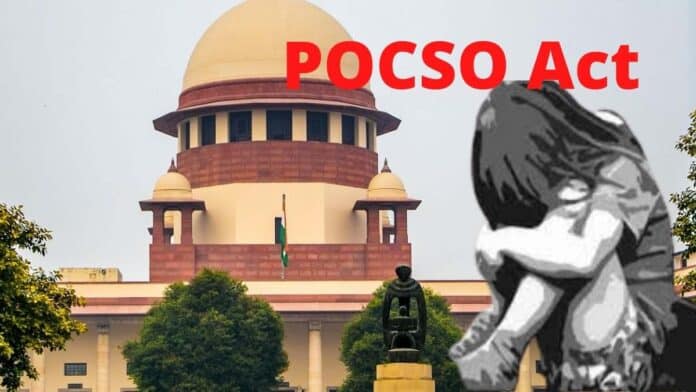The Supreme Court of India, in a significant ruling, has modified the conviction of a man from aggravated penetrative sexual assault to sexual assault, holding that the act of touching a minor’s private parts without penetration does not satisfy the ingredients for an offence under Section 376 AB of the Indian Penal Code (IPC), 1860,
To Read More Please Subscribe to VIP Membership for Unlimited Access to All the Articles, Download Available Copies of Judgments/Order, Acess to Central/State Bare Acts, Advertisement Free Content, Access to More than 4000 Legal Drafts( Readymade Editable Formats of Suits, Petitions, Writs, Legal Notices, Divorce Petitions, 138 Notices, Bail Applications etc.) in Hindi and English.




